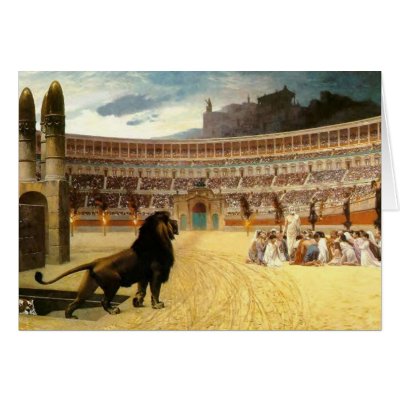
"In 1831, he joined the forming Society of Mary (Marists), who would concentrate on local missions and foreign missionary work. Instead of being selected as a missionary, however, the Marists used his talents as the spiritual director at the Seminary of Belley, where he stayed for five years. In 1833 he accompanied Fr Jean-Claude Colin to Rome to seek approval of the nascent Society. In 1836, the Marists, finally formally approved by Pope Gregory XVI, were asked to send missionaries to the territory of the South West Pacific. Chanel, professed a Marist on 24 September 1836 was made the superior of a band of Marist missionaries that set out on 24 December from Le Havre. They were accompanied by Bishop Jean Baptiste Pompallier who was to become the first Bishop of New Zealand. Pompallier had been appointed by Gregory XVI to care for the Vicariate Apostolic of Western Oceania. Pompallier based himself in New Zealand from 1838 and became the first Bishop of Auckland, New Zealand in 1848.
Travelling via the Canary Islands (8 Jan 1837) where Fr Claude Bret (Chanel's friend) caught a flu-like virus which led to his death at sea (20 Mar 1837) and then Valparaiso (28 June) (where the French Picpus Fathers who had care of the Vicariate of Eastern Oceania had their base) and Gambier (13 Sept) then Tahiti (21 Sept) where the group transferred to the Raiatea and set sail for Tonga (23 Oct) before first dropping two missionaries at ʻUvea (still named Wallis by the French), the mainseat of the mission. Pierre Chanel went to neighbouring Futuna Island, accompanied by a French laybrother Marie-Nizier Delorme. They arrived on 8 November 1837 with an English Protestant layman named Thomas Boag who had been resident on the island and had joined them at Tonga seeking passage to Futuna.
Martyrdom:
The group was initially well received by the island's king, Niuliki. Once the missionaries learned the local language and began preaching directly to the people, the king grew restive. He believed that Christianity would take away his prerogatives as high priest and king. When the king's son, Meitala, sought to be baptized, the king sent a favoured warrior, his son-in-law, Musumusu, to "do whatever was necessary" to resolve the problem. Musumusu initially went to Meitala and the two fought. Musumusu, injured in the fracas ,went to Chanel feigning need of medical attention. While Chanel tended him a group of others ransacked his house. Musumusu took an axe and clubbed Chanel on the head. Pierre died that day, April 28, 1841.
The news of Chanel's death took months to reach the outside world. It was almost a year before Marists in France learned of it; for those in New Zealand it took half that time. Two weeks after the killing the William Hamilton, a passing American trading ship, took Br Marie-Nizier, Boag and others to Wallis (arriving 18 May 1841) and safety. In time it came on to Kororareka, New Zealand. There Marie Nizier told Pompallier’s deputy, Fr Jean-Baptiste Épalle, that Peter Chanel had been murdered."












